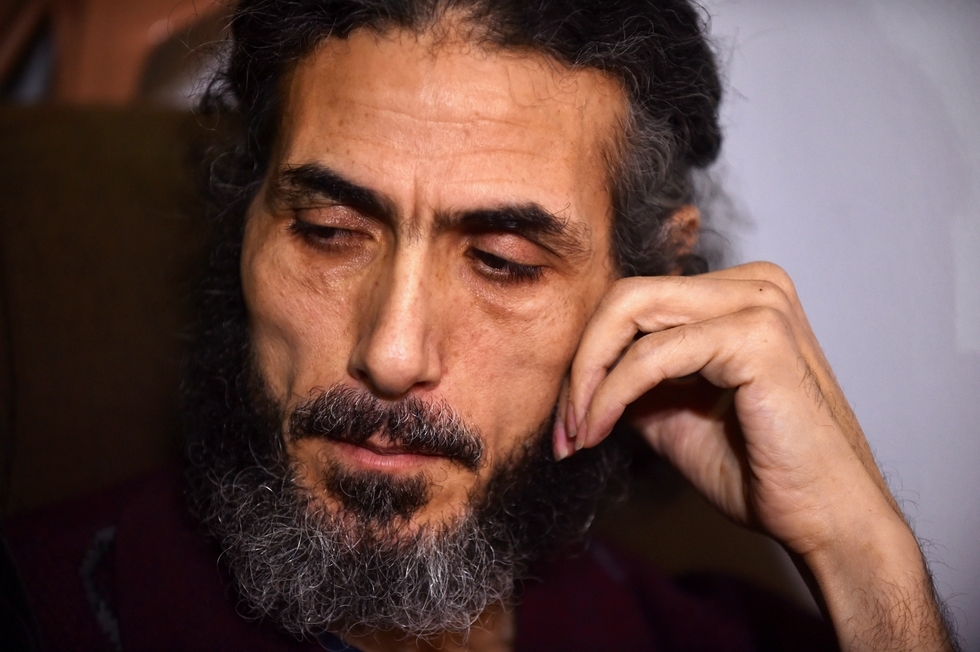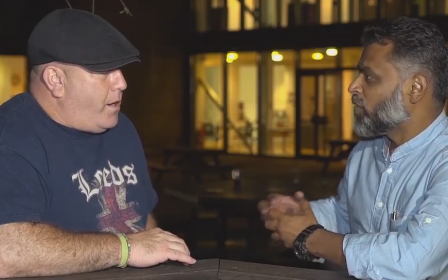Former Guantanamo detainee ends hunger strike, will leave Uruguay, activists say

A former Guantanamo inmate resettled in Uruguay who went on hunger strike to demand relocation to another country has dropped his protest after receiving an offer, activists said on Saturday.
Syrian Jihad Diyab, who began his hunger strike more than two months ago, ended his protest and will travel to a new country, the group Vigilia por Diyab (Diyab Watch) announced, without specifying which country.
"After 68 days on hunger strike, Jihad Diyab's quest for his right to family reunification has reached a middle stage... with his health now a very serious issue, he received an offer to travel," the group said in a statement, adding that the 45-year-old is now on limited feeding.
"This doesn't solve his family situation problem, but it is a big step," the group added.
Diyab is one of six former Guantanamo inmates resettled in Uruguay as refugees in 2014, part of a deal with the US to help close the controversial prison set up in the wake of the 9/11 attacks.
The men have repeatedly clashed with the Uruguayan authorities over their living allowances and housing, and complain of feeling isolated in the Spanish-speaking country, which has virtually no Muslim population.
Diyab is asking to be transferred elsewhere and reunited with his family, saying he does not have the means to support them in Uruguay.
He began his hunger strike in August in a Venezuelan prison, where he was detained after leaving Uruguay undetected and showing up at the Uruguayan consulate in Caracas, demanding to be taken to Turkey.
Diyab earlier requested a copy of Uruguay's agreement with the US on his resettlement.
Uruguay, which has not published the deal, says that he has the right to travel like any other resident.
Middle East Eye propose une couverture et une analyse indépendantes et incomparables du Moyen-Orient, de l’Afrique du Nord et d’autres régions du monde. Pour en savoir plus sur la reprise de ce contenu et les frais qui s’appliquent, veuillez remplir ce formulaire [en anglais]. Pour en savoir plus sur MEE, cliquez ici [en anglais].




